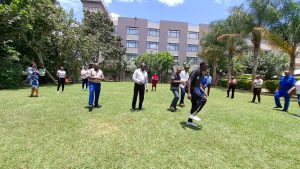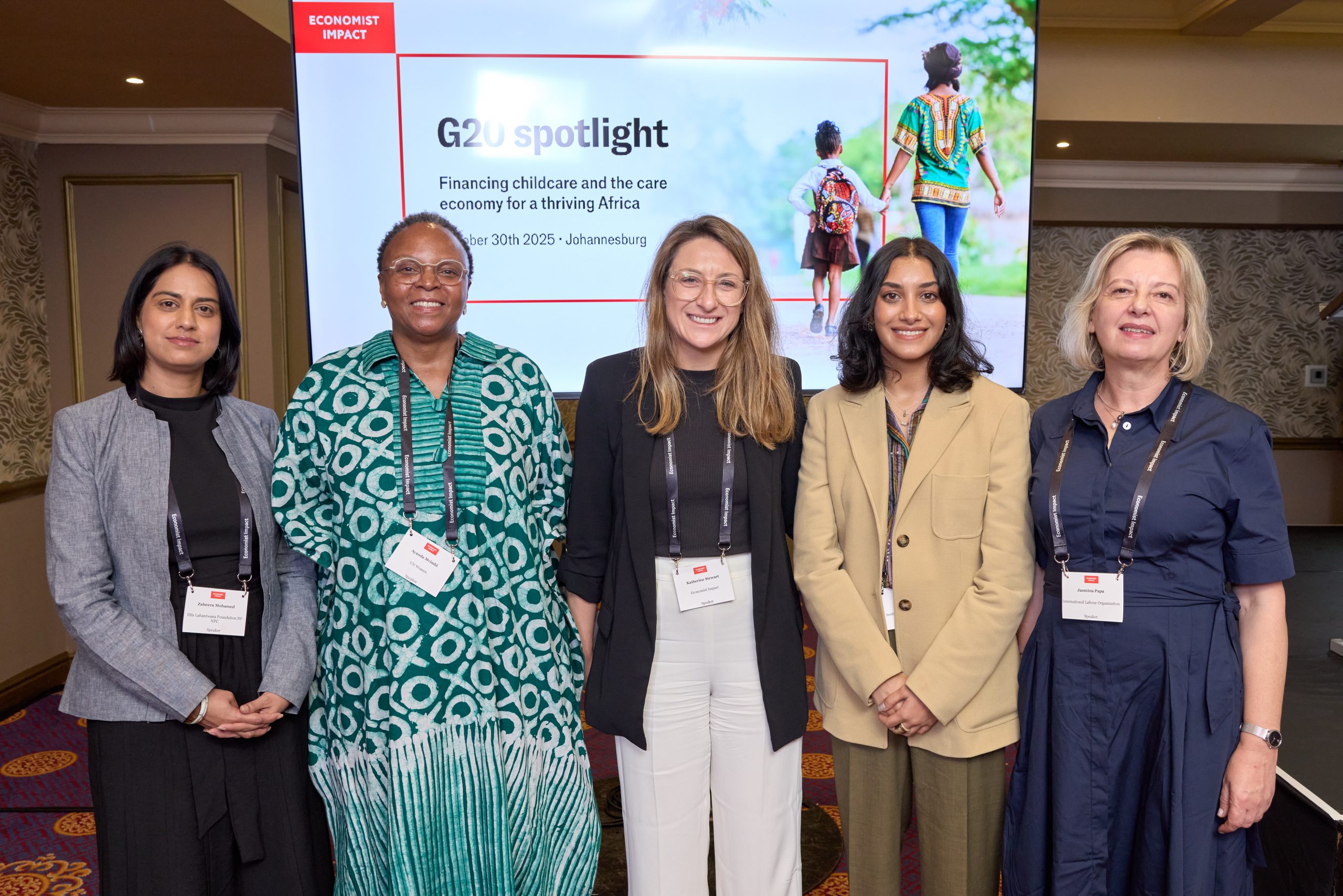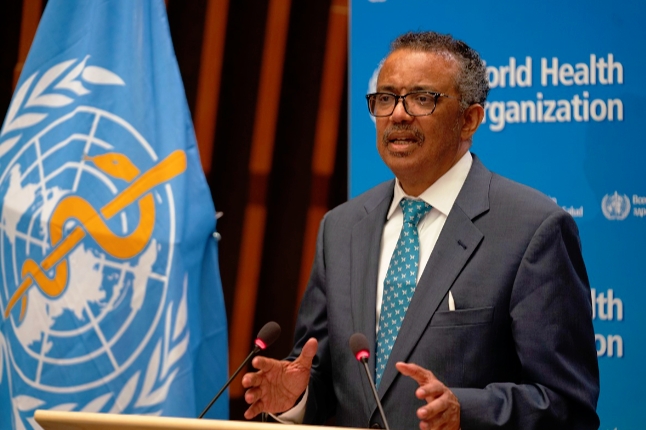NAIROBI, Kenya, October 8th –When displacement strikes, the world’s attention often turns to visible needs, including shelter, food, water, and legal protection.
Yet beneath the surface, a quieter, more complex crisis unfolds: the psychological toll of uprooted lives. Behind every statistic are individuals and families living with grief, fear, uncertainty, and the trauma of loss.
According to UNHCR figures released in May 2025, Kenya hosts approximately 858,137 refugees and asylum seekers. For most, crossing a border is not the end of their struggle but the beginning of an uncertain journey toward healing.
This year’s World Mental Health Day theme, “Mental Health in Humanitarian Emergencies,” is a stark reminder that emotional and psychological well-being must be treated with the same urgency as food, shelter, and legal protection.
The toll of displacement is invisible but profound. Research by the WHO shows that at least one in five people living in conflict-affected areas has a mental health condition, including depression, anxiety, and post-traumatic stress disorder.
In Kenya’s refugee settings from Kakuma and Kalobeyei to Dadaab and urban centres like Nairobi, Mombasa, and Nakuru, ongoing stressors such as poverty, discrimination, insecurity, and cultural adjustment compound emotional suffering.
Stigma surrounding mental health deepens the pain, silencing those who need help the most. The absence of psychosocial care weakens individuals and entire communities, limiting their ability to rebuild livelihoods or integrate socially.
At the Refugee Consortium of Kenya (RCK), healing goes beyond survival. RCK has made Mental Health and Psychosocial Support (MHPSS) a central part of its protection programs, working to address trauma and promote resilience through professional counselling, therapy, community outreach, and partnerships.
So far, more than 4,614 people of concern (2,531 women, 1,722 men, 297 girls and 64 boys) have directly benefited from these interventions across Garissa, Kakuma, Dadaab, and urban areas.
RCK’s work creates safe spaces where refugees and host communities can process trauma, rebuild trust, and find collective strength. By integrating MHPSS into primary and community health structures, the organisation ensures that mental health services are not only accessible but sustainable.

Its community-driven approaches have earned international recognition through inclusion in the World Health Organisation’s Mental Health Innovation Network. A deliberate focus on women, children, older persons, and persons with disabilities has strengthened the impact, ensuring that the most vulnerable are not left behind.
Progress at the national level has also been encouraging. Kenya has taken bold steps to reform its mental health landscape. The decriminalisation of suicide in January 2025 marked a critical shift toward a more compassionate and rights-based approach.
The launch of the National Clinical Guidelines for the Management of Common Mental Disorders in September 2024, alongside the implementation of the Kenya Mental Health Action Plan 2021–2025, reflects growing policy momentum. These initiatives underscore the recognition of mental health as a pillar of national development and social cohesion.
However, major gaps persist. Low registration of refugees under the SHA system, only about 70,000 out of more than 850,000, continues to limit access to health services, including mental health care.
Reduced donor funding has forced many families to prioritise immediate survival needs over psychological well-being.
Rising vulnerabilities, particularly among youth facing unemployment and exploitation, have further strained already fragile coping mechanisms. Without sustained attention and investment, these gaps risk undermining both humanitarian and development gains.
For mental health support to truly make a difference, it must be treated as a core humanitarian and development priority, not an afterthought. There is a need to embed MHPSS in all aspects of humanitarian response and secure long-term funding to sustain services. Integrating mental health care into county-level primary health systems is essential to ensure accessibility and cultural appropriateness.
Community-based approaches such as peer support networks, psychoeducation forums, and awareness campaigns can help reduce stigma and encourage help-seeking.
Stronger coordination between the government, donors, and humanitarian actors will ensure that mental health services are aligned with Kenya’s Universal Health Coverage agenda and mental health reforms.
Every refugee carries a story of survival, but survival alone is not enough. Healing is what enables individuals to reclaim their dignity, rebuild their lives, and contribute meaningfully to the communities that host them.
As Kenya advances the implementation of the Refugees Act, 2021, and the Shirika Plan, integrating mental health into humanitarian response is both a human rights imperative and an investment in resilience.
“Supporting mental health is not only an act of compassion it is a commitment to stability, peace, and shared recovery.”
Charlene Tafawa is the Programme Manager for Mental Health and Psychosocial Support at the Refugee Consortium of Kenya (RCK).



